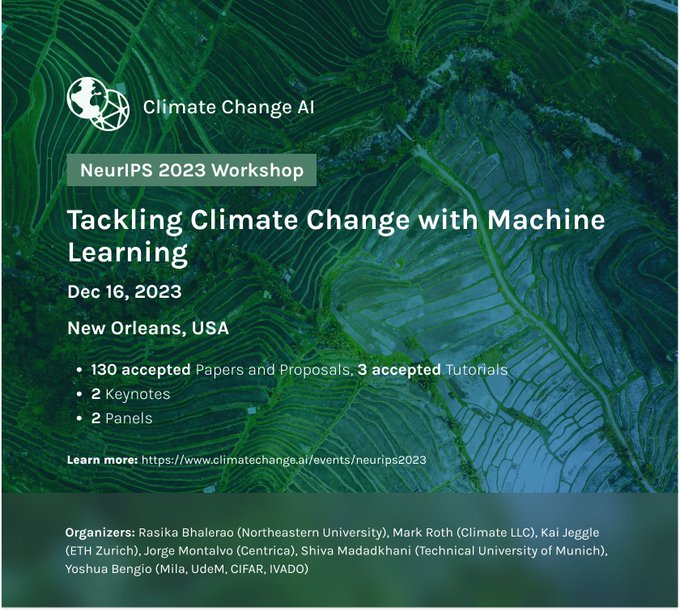Causality and Explainability for Trustworthy Integrated Pest Management
Abstract
Pesticides serve as a common tool in agricultural pest control but significantly contribute to the climate crisis. To combat this, Integrated Pest Management (IPM) stands as a climate-smart alternative. Despite its potential, IPM faces low adoption rates due to farmers’ skepticism about its effectiveness. To address this challenge, we introduce an advanced data analysis framework tailored to enhance IPM adoption. Our framework provides i) robust pest population predictions across diverse environments with invariant and causal learning, ii) interpretable pest presence predictions using transparent models, iii) actionable advice through counterfactual explanations for in-season IPM interventions, iv) field-specific treatment effect estimations, and v) assessments of the effectiveness of our advice using causal inference. By incorporating these features, our framework aims to alleviate skepticism and encourage wider adoption of IPM practices among farmers.
Download full text in pdf format
 Published as:
Published as:
I. Tsoumas,
V. Sitokonstantinou,
G. Giannarakis,
E. Lampiri,
C. Athanassiou,
G. Camps-Valls,
C. Kontoes,
I. Athanasiadis,
Causality and Explainability for Trustworthy Integrated Pest Management,
NeurIPS 2023 Workshop on Tackling Climate Change with Machine Learning,
2023, doi:10.48550/arXiv.2312.04343.
You might also enjoy (View all publications)
- CY-Bench: A comprehensive benchmark dataset for sub-national crop yield forecasting
- Hybrid phenology modeling for predicting temperature effects on tree dormancy
- To measure or not: A cost-sensitive, selective measuring environment for agricultural management decisions with reinforcement learning
